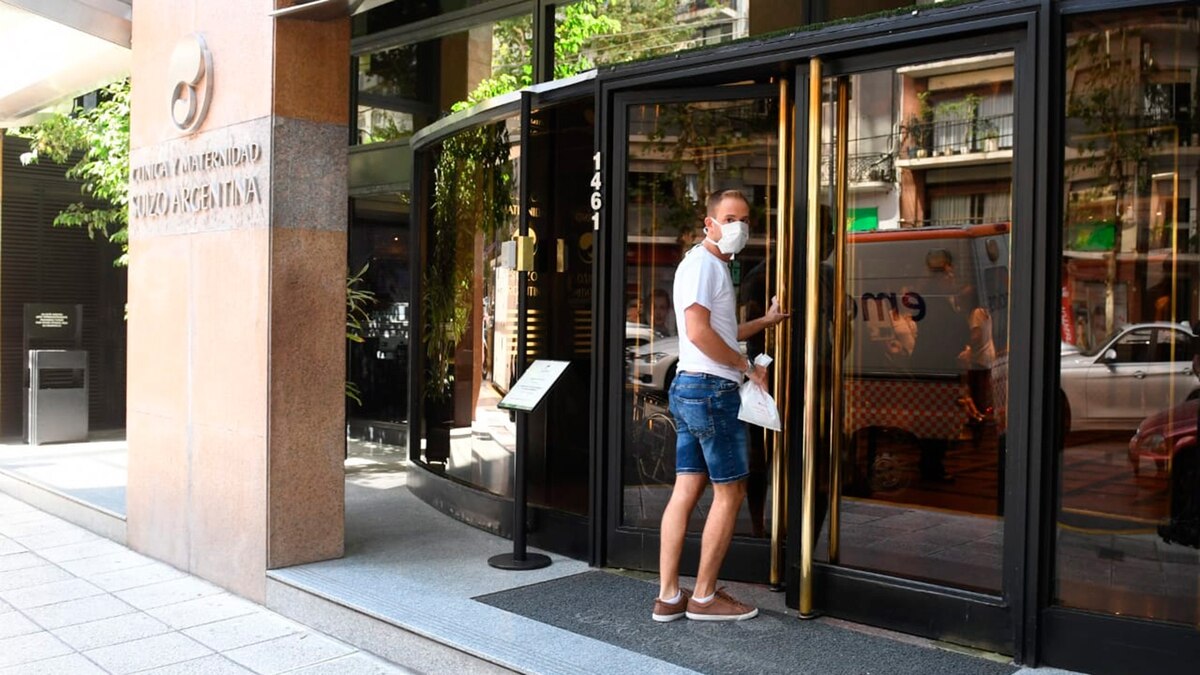RIO DE JANEIRO, BRAZIL – In Latin America, despite the absence of confirmed cases of the new coronavirus (Covid-19) so far in most countries, several authorities have already acknowledged that the onset of the disease is only a matter of time. Yesterday, March 3rd, Argentina confirmed the first case of the disease.

Ecuador, Mexico, Brazil, and the Dominican Republic are the other affected countries in the region, with six, five, two and one cases, respectively.
The infected patient is aged between 40 and 45 and recently made a stopover flight in Italy, a country that already counts over 2,000 people infected. The medical protocols have already been implemented and the man is isolated in a room at the Clínica Suizo Argentina in Buenos Aires.
Bolivia
In Bolivia, Health Minister Aníbal Cruz said on Twitter that the country will not close its borders. “We would be boosting the illegal migratory flow, it would be damaging and we would not be able to identify suspected cases. He added the country is prepared to detect, isolate and treat the coronavirus. “So far, we have ruled out two suspected cases, due to the intersectoral response plan we have implemented”.
Jeanine Áñez, the country’s interim president, announced the passing of a decree that allows local governments to directly purchase medications, supplies, equipment and consulting services to tackle the coronavirus outbreak. “We are urging the population to remain calm, to be informed through official channels, we have not minimized the situation, but we are taking preventive actions for the coronavirus with the greatest responsibility,” she said.
Chile
As a health control measure, as of Monday, March 2nd, Chile requires that all passengers entering the country must make a sworn statement about their travel history for the past 30 days and their state of health.
Paula Daza, Undersecretary of Public Health, said on Monday that “the arrival of the Covid-19 to the country is imminent”. She further said Chile has been preparing for this by undertaking surveillance measures, strengthening hospitals and diagnostic networks.
Furthermore, she said, the cases under surveillance “are of people who have come from places with a high distribution of the virus, who do not display symptoms and are healthy. However, they have been advised to remain in their homes for 14 days. So far, we have had approximately 500 people under surveillance, about 200 of whom have completed the quarantine period and have been released to return to their normal lives.

Other countries
In Colombia, the government has increased the contamination risk level from moderate to high, although no cases have been confirmed. Guatemala, Uruguay, Paraguay, Venezuela and El Salvador have also not recorded any cases.
In Honduras, the government has earmarked over 110 million lempiras (approximately R$20 million) to tackle the coronavirus and has stated that the National Laboratory of Virology is stocked and has qualified personnel to deal with the disease. The country has already ruled out two suspected cases.
In Panama, Health Minister Rosario Turner said there are 850 people in epidemiological observation. The Ministry reported they are monitoring not only people who came from China, but also from Italy and South Korea.
In Peru, the government said the virus is most likely already in the country. Manuel Espinoza, an infectologist with the Peruvian Ministry of Health’s National Institute of Health, said controlling ports, airports, and land borders only allows detection of ten percent of those infected. Therefore, 90 percent of infected travelers will likely enter,” he said.
“Anything is possible. People should understand that if there is a new microorganism, many will be exposed. There are no diseases, but sick people. A large group will be infected and not get sick, but we don’t know how many; while another important group will get sick and it will be like a mild cold and never go to a clinic or hospital,” the doctor said.
Source: InfoMoney

